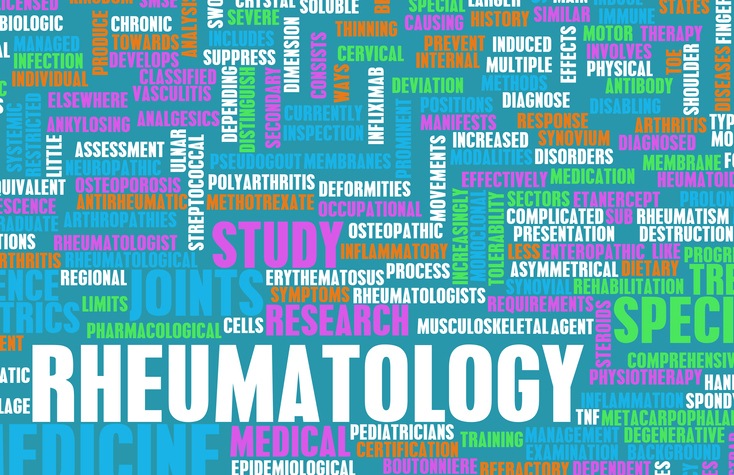
Hydroxychloroquine has been the focus of many conversations during the COVID-19 pandemic, among patients and providers alike. Recently a group of rheumatologists published a review giving their opinion on the drug in light of the pandemic. According to them, attempts to repurpose hydroxychloroquine as a treatment for additional indications, including COVID-19, are a testament to the drug—regardless of whether it is successful.
Hydroxychloroquine has become a “mainstay” in treating rheumatic disease, according to the authors. One reason it was touted as a possible treatment for COVID-19 is because, during the 2002 severe acute respiratory syndrome (SARS) pandemic, caused by the SARS coronavirus (SARS-CoV), a study found that chloroquine may be effective during the pre- and early post-infection stages. However, research into SARS-CoV slowed down significantly when the pandemic settled down in 2003. While “anecdotal evidence” as well as non-controlled and non-peer-reviewed studies appeared to support the drug’s use as a COVID-19 therapy, “multiple randomized controlled trials have now demonstrated that hydroxychloroquine is not effective in preventing or treating COVID-19 infection in vivo.”
https://www.docwirenews.com/docwire-pick/rheumatology-picks/rheumatologists-weigh-in-on-hydroxychloroquine-and-covid-19/
Another reason the drug gained such popularity this pandemic around is thanks to former President Donald J. Trump, who continued promoting the drug on social media, even after evidence began mounting suggesting it was not a promising treatment. And his actions were not without consequence, suggests one study, which linked a tweet from Trump to a surge of false information about hydroxychloroquine.
The tweet in question was posted on July 27, 2020, Trump, and was a retweet of a video stating that the combination hydroxychloroquine, zinc, and azithromycin could cure COVID-19. According to the researchers, most hydroxychloroquine-related tweets posted during the time immediately preceding and following Trump’s tweet were promoting false information—and the proportion was higher after Trump’s tweet.
While the former president has since been removed from Twitter, the researchers believe that “the misinformation he generated about COVID-19 will undoubtedly persist.”
https://www.docwirenews.com/docwire-pick/rheumatology-picks/trumps-false-hydroxychloroquine-tweet-led-to-spread-of-covid-19-misinformation/
In pain management news, during an interview with DocWire News, Shalini Shah, MD, vice-chair and associate professor, Department of Anesthesiology & Perioperative Care, and enterprise director of pain services at UC Irvine Health, and Nilesh Patel, MD, MBA, former pain specialist and vice president of medical affairs at Boston Scientific, talked about the current pain treatment crisis, how pain management has changed in light of the COVID-19 pandemic, the impact of the opioid crisis and the pandemic on pain management, and their predictions of what pain management will look like in a post-COVID-19 world.
https://www.docwirenews.com/docwire-pick/rheumatology-picks/dr-patel-and-dr-shah-talk-about-pain-management-and-the-opioid-crisis-during-covid-19-pandemic/







 © 2025 Mashup Media, LLC, a Formedics Property. All Rights Reserved.
© 2025 Mashup Media, LLC, a Formedics Property. All Rights Reserved.